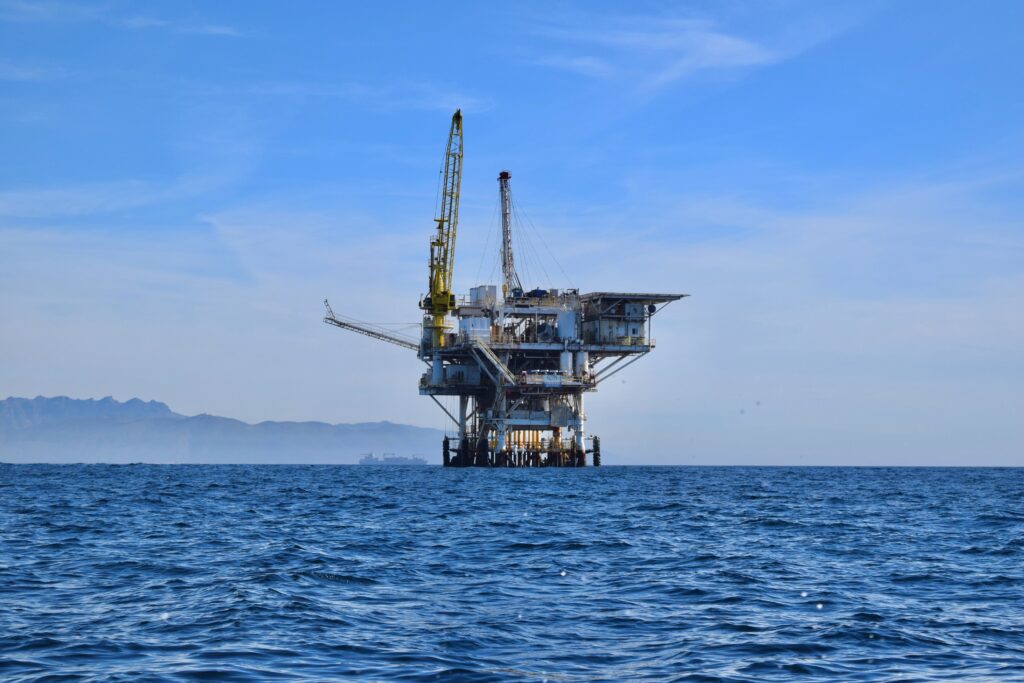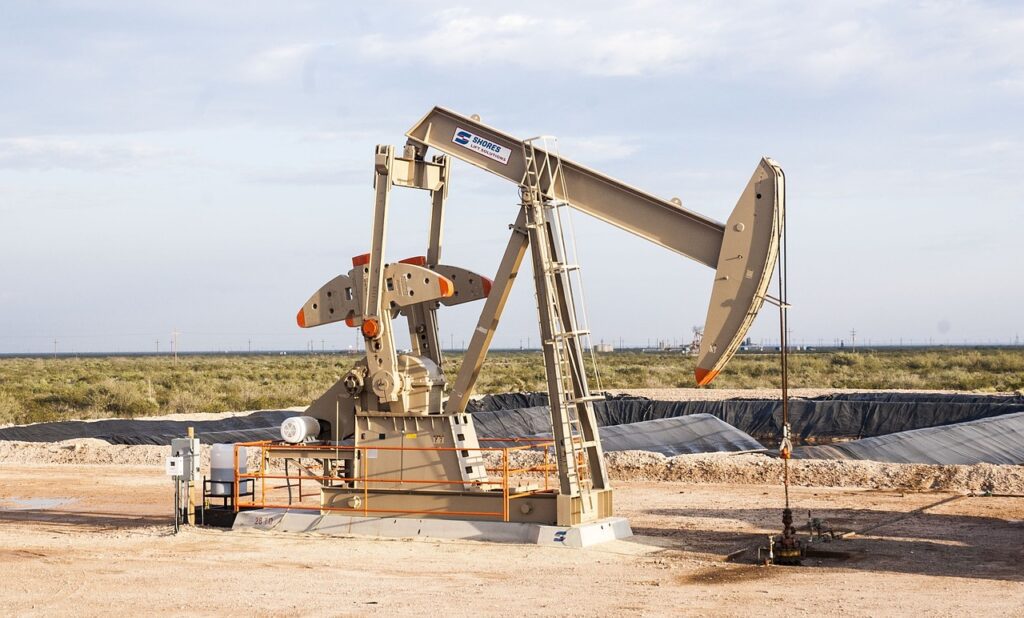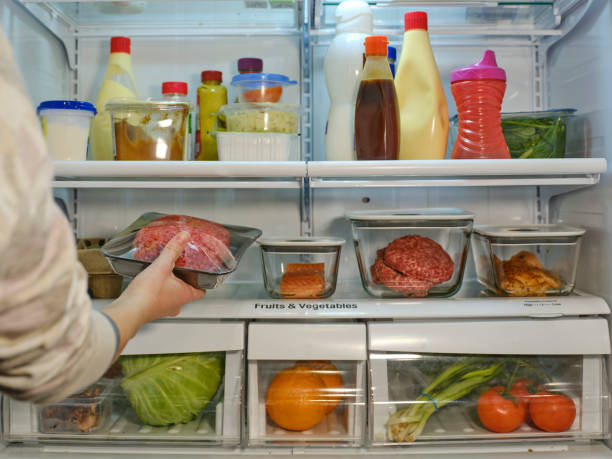Petrol rates in Pakistan Decreased by Rs. 2 per Liter
November 24, 2023, the petrol prices in Pakistan is Rs. 281.34 per liter. Diesel is priced at Rs. 296.71 per liter.
| PRODUCT | OLD PRICE (PKR) | NEW PRICE (PKR) |
|---|---|---|
| Petrol | 283.38 | 281.34 |
| High Speed Diesel | 304.05 | 296.71 |
Petrol prices in Pakistan have been rising steadily in recent months, due to a number of factors, including the rising global crude oil prices and the depreciation of the Pakistani rupee.
The petrol prices in Pakistan is currently cheaper than in India. In Delhi, the price of petrol is INR 97 per liter, which is equivalent to about US$1.16 per liter.
However, the petrol price in Pakistan is more expensive than in some other neighboring countries, such as Sri Lanka and Bangladesh. In Sri Lanka, the price of petrol is LKR 320 per liter, which is equivalent to about US$1.24 per liter. In Bangladesh, the price of petrol is BDT 89 per liter, which is equivalent to about US$0.94 per liter.
The high petrol prices in Pakistan are putting a strain on the economy and the people. The government has been under pressure to reduce the petrol prices, but it has so far been unable to do so.
The increase in petrol rates is due to a number of factors, including the rising global price of crude oil. The price of Brent crude oil, the global benchmark, has increased by more than 10% in the past month. This is due to a number of factors, including the ongoing war in Ukraine and the sanctions imposed on Russia.
The increase in petrol rates will have a significant impact on the Pakistani economy. It will increase the cost of transportation, which will lead to higher inflation. It will also make it more expensive to do business, which could lead to job losses.
The government has said that it is taking steps to mitigate the impact of the increase in petrol prices. It has announced a subsidy for rickshaw drivers and public transport. It has also said that it will provide financial assistance to low-income families.
However, many experts believe that the government’s measures will not be enough to offset the impact of the increase in petrol prices. They say that the government needs to take more drastic measures, such as reducing its budget deficit and increasing taxes.
The increase in petrol prices is a major challenge for the Pakistani government. It is a test of the government’s ability to manage the economy and to provide relief to the people.

Here are some tips for dealing with the increase in petrol rates in Pakistan:
- Use public transportation instead of your own car. This will save you money on petrol and help to reduce pollution.
- Carpool with friends or family members. This will also save you money on petrol and reduce pollution.
- Walk or bike to your destination if it is within a reasonable distance. This is a great way to get exercise and save money on petrol.
- Use energy-efficient appliances and light bulbs. This will help to reduce your electricity bill, which will free up money to spend on petrol.
- Shop around for the best deals on petrol. There are often significant price differences between petrol stations, so it is worth taking the time to find the cheapest one.
- Consider switching to a more fuel-efficient car. This is a long-term investment, but it can save you money on petrol in the long run.
- The increase in petrol prices is causing a lot of hardship for people in Pakistan, especially those who are already struggling to make ends meet. Many people are now having to choose between buying food or petrol, and some are even being forced to walk or bike to work instead of taking public transportation.
- The increase in petrol prices is also having a negative impact on the economy. Businesses are finding it more expensive to transport goods and services, which is leading to higher prices for consumers. This is making it harder for businesses to compete, and it could lead to job losses.
- The government has said that it is taking steps to mitigate the impact of the increase in petrol prices, but many people are skeptical that these measures will be enough. The government needs to take more drastic measures, such as reducing its budget deficit and increasing taxes, in order to address the root causes of the problem.
Here are some additional tips for dealing with the increase in petroleum prices in Pakistan:

- Be prepared for further increases in petrol prices. The price of crude oil is volatile, and it is likely that petrol prices in Pakistan will continue to rise in the coming months.
- Start saving money now. If you know that petrol prices are going to go up, start saving money now so that you will be prepared.
- Be flexible with your transportation arrangements. If you can, try to find ways to reduce your reliance on petrol. This could mean walking or biking to work, carpooling, or using public transportation.
- Be mindful of your energy consumption. Try to conserve energy at home and at work. This will help to reduce your reliance on petrol and save you money.
- Support policies that promote energy efficiency and renewable energy. This will help to reduce our reliance on imported oil and make petrol prices more stable in the long run.
The increase in petroleum prices is a challenge for everyone in Pakistan. However, by following these tips, we can all help to reduce the impact of the price hike on our budget and on the economy.
- The increase in petrol prices is likely to lead to higher inflation. When the cost of transportation goes up, it drives up the cost of everything else. This is because businesses have to pass on the higher cost of fuel to their customers.
- The increase in petrol prices is also likely to lead to job losses. Businesses that are struggling to compete because of higher transportation costs may be forced to lay off workers. This is especially true for small businesses that cannot afford to absorb the higher costs.
- The increase in petrol prices is also likely to have a negative impact on the environment. When people drive less, it means that there is less pollution in the air. However, the increase in petrol prices may also lead to people driving less fuel-efficient cars, which could actually increase pollution.
The increase in petroleum prices is a complex issue with far-reaching implications. It is important to understand the impact of the price hike so that we can all take steps to mitigate it.
Here are some additional things that you can do to help reduce the impact of the increase in petroleum prices:
- Support public transportation. Public transportation is a great way to get around without using petrol. If you can, try to use public transportation instead of your own car.
- Walk or bike to work. If you live close enough to work, walking or biking is a great way to get around without using petrol. It is also good for your health!
- Use energy-efficient appliances and light bulbs. Energy-efficient appliances and light bulbs use less energy, which means that you will save money on your electricity bill. This will free up money that you can use to buy petrol.
- Shop around for the best deals on petrol. Petrol prices can vary from one petrol station to another. Take the time to shop around and find the cheapest petrol station in your area.
- Consider switching to a more fuel-efficient car. If you are in the market for a new car, consider buying a more fuel-efficient car. This will save you money on petrol in the long run.
By following these tips, you can help to reduce the impact of the increase in petroleum prices in Pakistan.
Disclaimer:
The information provided on Our News Blog “Latest Petrol Price in Pakistan” is for general informational purposes only. All content on this Website is published in good faith and for general information purposes only. We do not make any warranties about the completeness, reliability, and accuracy of this information. Any action you take upon the information found on this Website is strictly at your own risk.







